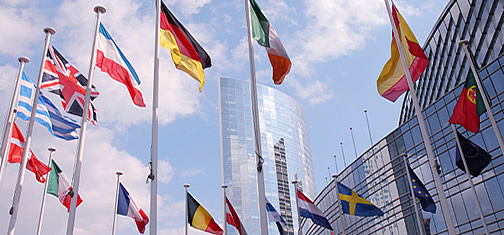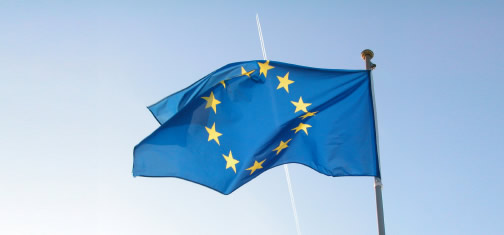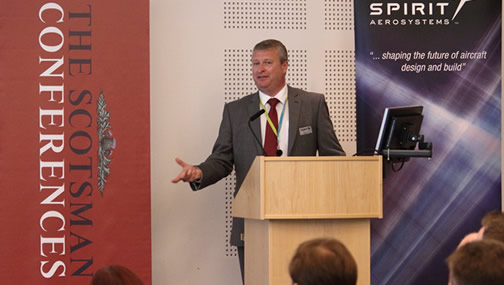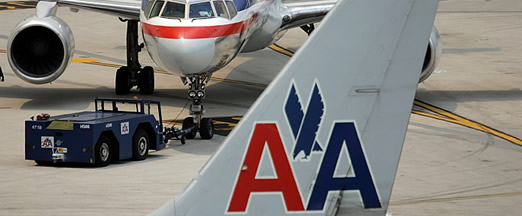Challenging misconceptions about the Single European Sky
15 October 2013I’ve been enjoying an animated email debate about the Single European Sky (SES) initiative with the respected academic Professor Keith Hayward, following his article in the Royal Aeronautical Society’s Aerospace magazine.
I wanted to challenge some of the professor’s comments and, at his request, my response has now appeared in print in this month’s magazine. I wanted to share a flavour of it here too.
Debates about the need for reform of the European air traffic management (ATM) system often bring out one assertion that the cost of ATM in the US works out at roughly half of that in Europe. However, this misses the point that, while the cost may be half, the service provision also falls far short of Europe’s. In the US last year, 92 million system delay minutes are estimated to have resulted in $7.2 billion in direct additional costs to airlines – not something I suspect our customers in European airspace would like us to mirror.

Figures of EU airlines flying 42 km per-flight more than they need, do tend to ignore the significantly denser and more complex traffic patterns typical in Europe. For example, we have major hub airports in London, Paris, Frankfurt and Amsterdam – all within a c400 mile radius. In the UK that figure would include aircraft holding at Heathrow, which has nothing to do with inefficient air traffic control, and everything to do with lack of tarmac and an over-scheduled airport; problems the Single European Sky programme cannot address.
On a positive note, significantly the US has a single regulator, the FAA, while in Europe we have over 40 different regulatory agencies, all imposing different standards on their local service delivery model at a time when harmonisation across Europe has never been more urgent.

Sovereignty is another oft-aired concern, but I’m not aware that harmonising airspace requires us to concede sovereignty of it. NATS for example has a licence to provide air navigation services in UK sovereign airspace and at some Spanish airports – we have no sovereignty over either of those airspaces, we simply provide the service! Nor does the Maastricht Upper Airspace Centre make any sovereignty claims over the area for which it provides a service.
What I think we can say is that where governments have been brave enough to create an environment where competition, common standards and customer-focused service are encouraged, it provides stimulus for change. In the UK, a combination of regulated service provision and competition for airport air traffic control services has seen significant improvements in price and service provision. Since privatisation in 2001, NATS has seen direct operating costs fall by more than 30%, and flight efficiency levels improve to deliver an average delay per flight of 1.4 seconds – in a year with the added operational challenges of hosting the London Olympics – while continuously reducing fuel burn for the airlines.
This doesn’t mean one size fits all, but it does suggest that encouraging competition and putting customers at the heart of what we do can have a positive impact on service delivery.

We are dealing with a legacy European network that still functions, but could function a whole lot better. The notion behind SES – about improving the way we manage our airspace, both to meet future capacity demand but also to improve air traffic management performance – is something I hope we can all get behind.
However, I believe that we urgently need regulatory reform and common standards to stimulate contestable markets and accelerate progress across Europe, rather than yet more regulation and legislation which, to date, has not delivered the progress required. And we need to think differently, to be prepared to consider different models for service delivery and, where we can, to do it without the need for State intervention so we can speed up the process and demonstrate the innovation that undoubtedly resides in our industry.
NATS will continue to support the benefits that a less fragmented European airspace can bring – however, if we are to make the progress required, I believe we need a new political formula and a different approach that puts customers, rather than politics, at the heart of what we do.
Comments
Please respect our commenting policy and guidelines when posting on this website.



